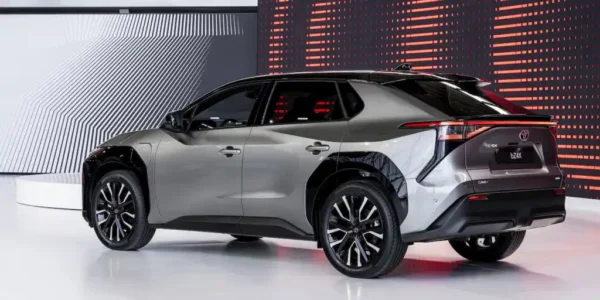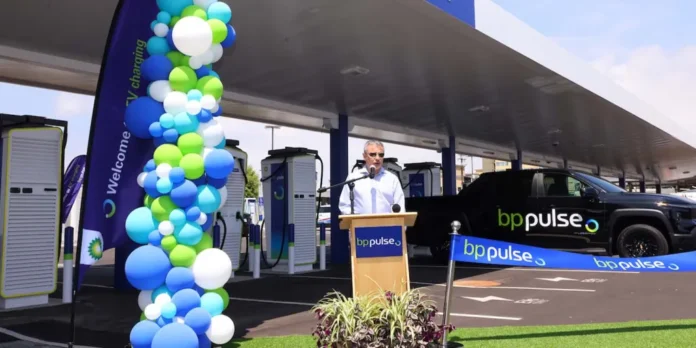Introduction to Toyota’s Electric Vehicle Plans
Toyota has announced exciting plans to revolutionize its vehicle production in Indonesia by beginning the assembly of electric vehicles (EVs) this year. This strategic decision marks Japan’s automotive giant’s third country, following China and Japan, where they will manufacture EVs. With rising competition from Chinese automotive manufacturers, the introduction of electric vehicles in Indonesia is not just timely but essential.

Boosting Local Electric Vehicle Production
To support this initiative, Indonesia’s government recently implemented policies and tax incentives aimed at stimulating domestic EV production. A notable benefit is the reduction of the value-added tax (VAT) to just 1% for EVs that are produced with at least 40% local content, while those that do not meet this threshold face an 11% VAT. Companies committed to local production are also exempt from import tariffs, making it an appealing landscape for companies like Toyota as they aim to maintain their market dominance amidst intense competition.
Looking Ahead: The Future of EVs in Indonesia
According to reports, Toyota plans to produce the bz4x SUV in Indonesia, positioning it well against the incoming wave of advanced electric vehicles from Chinese automakers. This move aligns with Toyota’s broader multi-pathway strategy, which now includes not only hybrids but also electric vehicles. As Toyota continues its legacy of exporting vehicles—accounting for about 61% of Indonesia’s total CPU vehicle exports—this new venture in the electric vehicle segment could further enhance their sales presence, bolstered by strong government support and local production initiatives.




